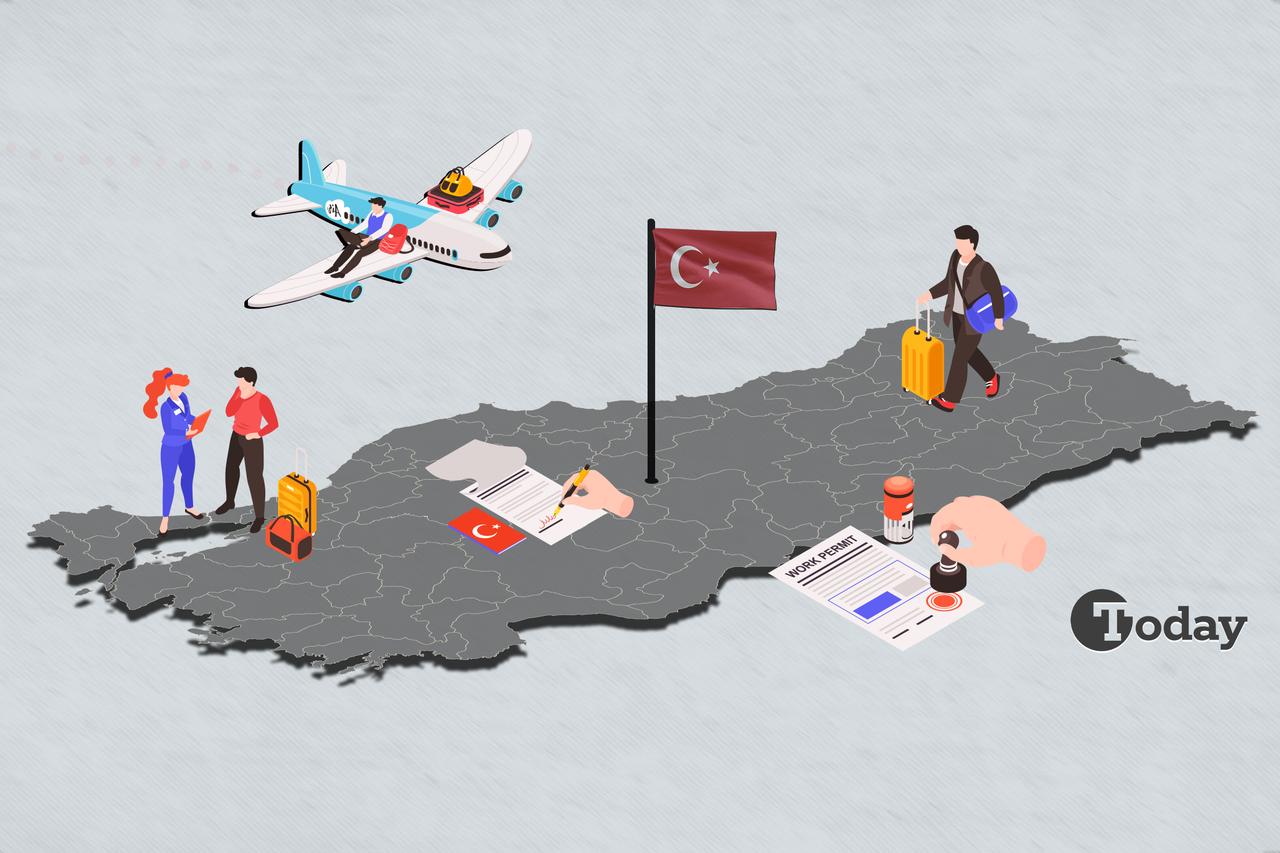
In a noteworthy policy pivot, the Turkish government has unveiled a targeted partial amnesty program aimed at undocumented foreign nationals, specifically those who have overstayed their visas or residence permits and now seek legal employment within Türkiye.
This amnesty, however, is narrow in scope and highly conditional, exclusively benefiting women working—or intending to work—in the domestic care sector.
The initiative is open solely to female foreign nationals residing in Türkiye without valid immigration status, who intend to work in home-based elder care, pediatric care, or in-home patient nursing services. Turkish immigration and labor authorities have explicitly stipulated that male applicants are categorically ineligible, with rejections being the norm in such cases.
To regularize the foreign worker’s status, the prospective Turkish employer—whether a citizen or legal resident—must produce a notarized affidavit of intent to employ the individual in home care services. Additionally, the employer must demonstrate economic solvency, either through:
• Proof of income amounting to three times the national minimum wage—approximately ₺66,315 ($1,708.12) per month as of 2025—or
• Bank statements of a minimum ₺1.5 million showing liquid savings sufficient to cover wages for the term of employment.
Phase 1: Six-month residence permit
Applicants must submit documentation to the Provincial Directorate of Migration Management, inclusive of overstay penalty receipts and health insurance. Upon approval, a six-month temporary residence permit is issued—an essential prerequisite for legal employment.
Phase 2: Work authorization
Following residency approval, the employer may submit a work permit application via the Ministry of Labor (Calisma ve Sosyal Guvenlik Bakanligi). Upon successful processing, the foreign national is formally authorized to work within Turkish borders.
This amnesty is sector-specific—only valid for domestic care roles—and does not extend to individuals facing deportation orders or national entry bans. Moreover, employers bear full legal liability throughout the duration of the employment and application processes.

For residency:
• Notarized employer declaration
• Copy of the foreign national’s passport
• Employer’s financial proof
• Overstay penalty receipt
• Valid health insurance
For work permit:
• Residence permit
• Work contract (if applicable)
• Employer’s financial records
• Application dossier to the Ministry of Labor
Frequently asked questions
Q: Is this applicable to any field besides care work?
A: No. Only home-based care roles are covered.
Q: Can men apply if they are caregivers?
A: No. Male applicants are almost universally denied.
Q: Will I be penalized for overstaying?
A: Yes. Overstay fines are mandatory and must be paid upfront.
Q: Are those under deportation eligible?
A: No. Individuals facing deportation or entry bans are excluded.
Q: Is approval guaranteed?
A: No. Approval rests on the applicant’s and employer’s compliance and the discretion of immigration officials. Professional guidance is highly advisable.
To learn more, you may consult Expat Solutions Turkey.
About the author: Kagan Orhan is a human resource and immigration consultancy expert at Expat Solutions Turkey, dedicated to facilitating the adaptation processes of foreigners in Türkiye with the expertise and knowledge in managing legal procedures such as residence permit applications, work permits, business establishment, real estate and citizenship processes for foreigners settling in Türkiye with their team of lawyers and consultants.